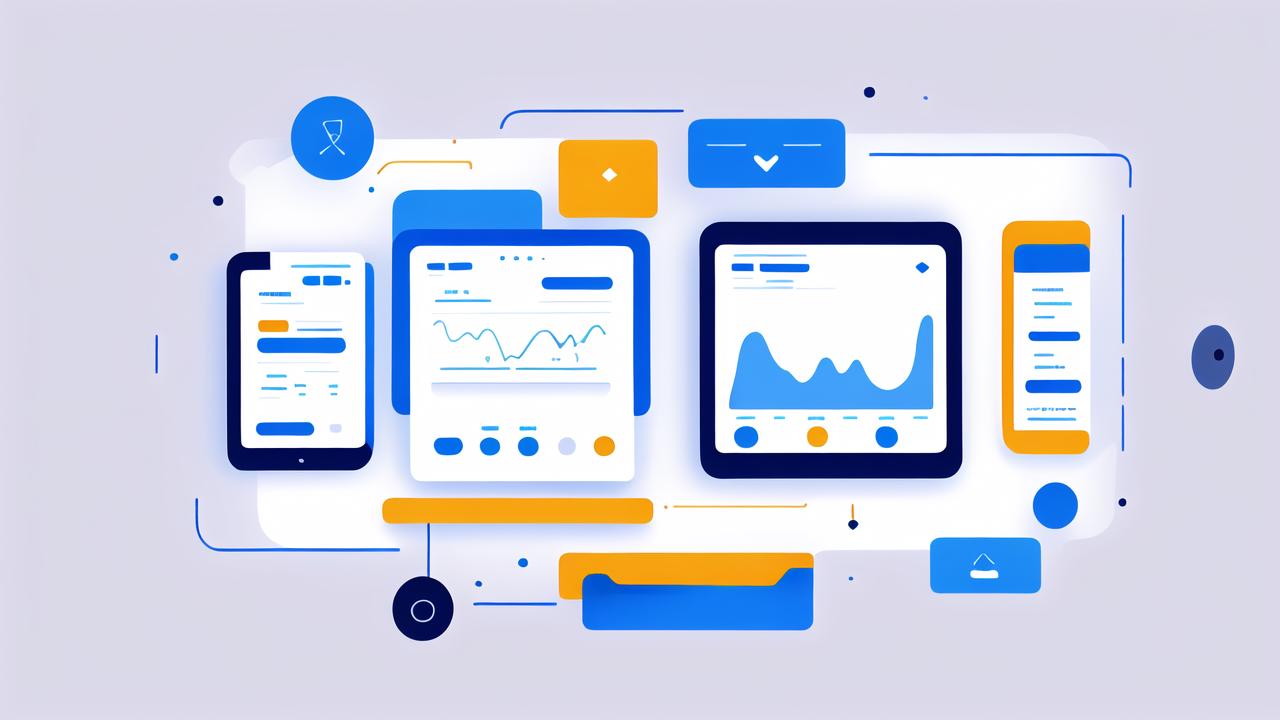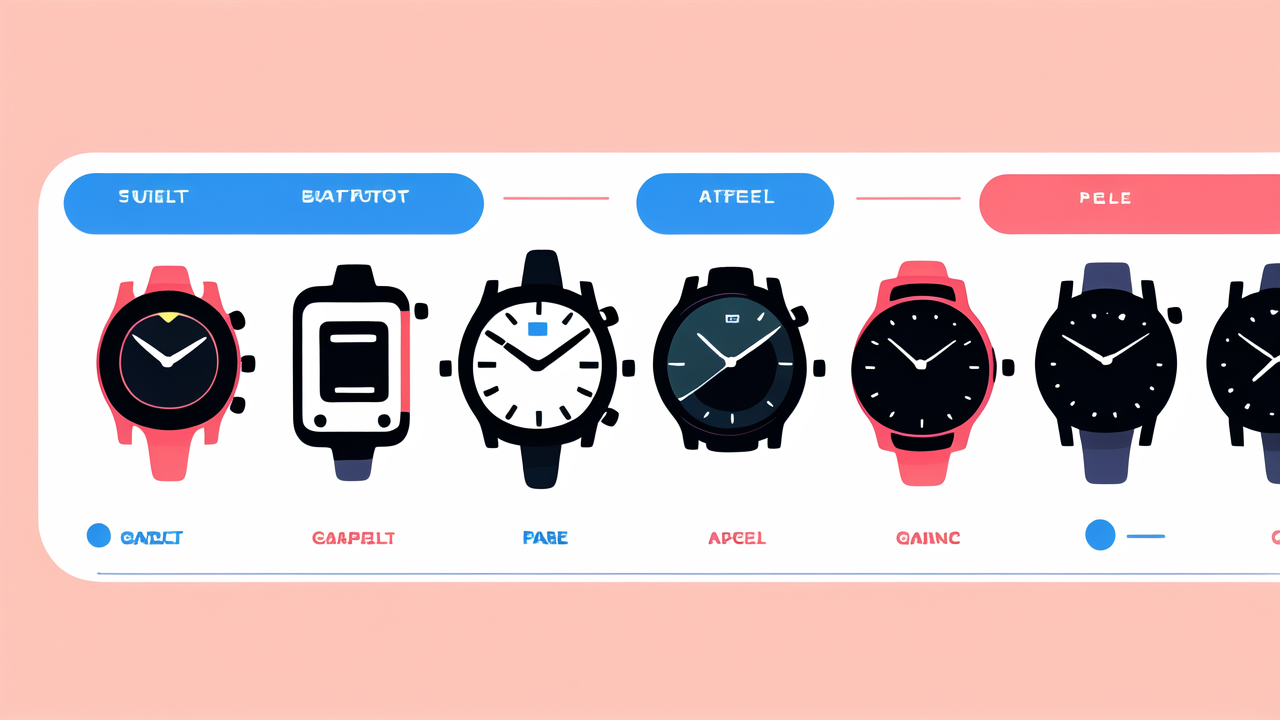The Evolution of Smart Pro Watches in the United States
The Rise of Wearable Technology in Professional Settings
Smart pro watches have become a game-changer in the US workplace. These devices blend style with function, offering more than just time-telling. They've evolved from simple fitness trackers to powerful tools for professionals. Now, they help manage schedules, track health, and boost productivity. The trend started in tech hubs like Silicon Valley and quickly spread nationwide. Companies saw the potential to improve employee efficiency and well-being. As a result, smart pro watches are now common in offices, hospitals, and factories across America.

Key Features That Define a Smart Pro Watch
A smart pro watch is more than just a fancy timepiece. It's a mini-computer on your wrist. Key features include high-resolution touchscreens and long battery life. They often have built-in GPS, heart rate monitors, and sleep trackers. Many models offer water resistance and durability for active professionals. Voice assistants like Siri or Google Assistant are standard. They can make calls, send texts, and check emails without a phone. Advanced sensors track stress levels and provide wellness insights. Some even offer ECG capabilities for heart health monitoring. These features make smart pro watches invaluable tools for busy professionals.
Evaluating the Best Smart Pro Watches
Criteria for Assessing a Smart Pro Watch
When evaluating smart pro watches, several factors come into play. Battery life is crucial - a good watch should last at least a full workday. Display quality matters, especially for outdoor use. The watch should be comfortable to wear all day. User interface and ease of use are important for quick interactions. Compatibility with various apps and systems is key for integration. Durability and water resistance are musts for active professionals. Health tracking features should be accurate and comprehensive. The quality of notifications and alerts is vital for staying connected. Price and overall value for money are also important considerations.

Top Models: What Sets Them Apart
- Apple Watch Series 7: Known for its large display and seamless iOS integration.
- Samsung Galaxy Watch 4: Offers a classic design with advanced health tracking.
- Garmin Fenix 7: Excels in outdoor activities and has impressive battery life.
- Fitbit Sense: Focuses on stress management and holistic health monitoring.
- Fossil Gen 6: Combines style with Wear OS functionality.
These models stand out for different reasons. The Apple Watch leads in app ecosystem and design. Samsung's watch offers great Android compatibility. Garmin focuses on ruggedness and sports features. Fitbit excels in health tracking. Fossil brings style to smart functionality. Each caters to different professional needs and preferences.
Price vs. Value: Understanding the Cost-Benefit Ratio
Smart pro watches range from budget-friendly to high-end luxury items. Prices typically start around $200 and can go up to $1000 or more. The key is finding the right balance between cost and features. Cheaper models may lack advanced health tracking or premium materials. High-end watches offer more features but may be overkill for some users. Consider how you'll use the watch in your professional life. A lawyer might prioritize a sleek design and notification features. A nurse might need durable construction and health tracking. Assess which features you'll actually use to avoid overpaying. Remember, the most expensive option isn't always the best for your needs.
The Impact of Smart Pro Watches on Industry Standards
How Smart Pro Watches are Changing the Game in Various Industries
Smart pro watches are revolutionizing workflows across industries. In healthcare, doctors use them to access patient data quickly. Nurses track vital signs and receive alerts without bulky equipment. In finance, traders get real-time market updates on their wrists. Sales professionals manage appointments and track goals on the go. Construction workers use them for safety alerts and to log hours. These watches improve communication in fast-paced environments. They allow for hands-free operation in sterile or hazardous settings. By providing instant access to information, they're boosting efficiency and decision-making.

The Future of Wearable Tech in the Workplace
The future of smart pro watches in the workplace looks bright. We can expect even more integration with work systems. AI assistants will become smarter, offering personalized productivity tips. Augmented reality features may allow for virtual meetings right from the watch. Battery life will improve, possibly lasting weeks on a single charge. More advanced health features could help prevent workplace injuries. We might see specialized watches for specific industries emerge. For example, watches designed for first responders or clean room technicians. As 5G becomes more widespread, connectivity and data transfer will be faster than ever.
Compliance and Regulatory Considerations for Smart Watches
As smart pro watches become more common, compliance issues arise. Privacy concerns are at the forefront, especially in data-sensitive industries. Companies must ensure that these devices don't compromise confidential information. In healthcare, HIPAA compliance is crucial when handling patient data. Financial firms must adhere to strict data protection regulations. Some workplaces may need to create new policies around smart watch use. This could include rules about recording or photographing in secure areas. There's also the question of work-life balance when employees are always connected. Companies should consider guidelines for after-hours notifications. As technology evolves, so too must the regulations that govern its use in professional settings.




Leave a comment
This site is protected by hCaptcha and the hCaptcha Privacy Policy and Terms of Service apply.